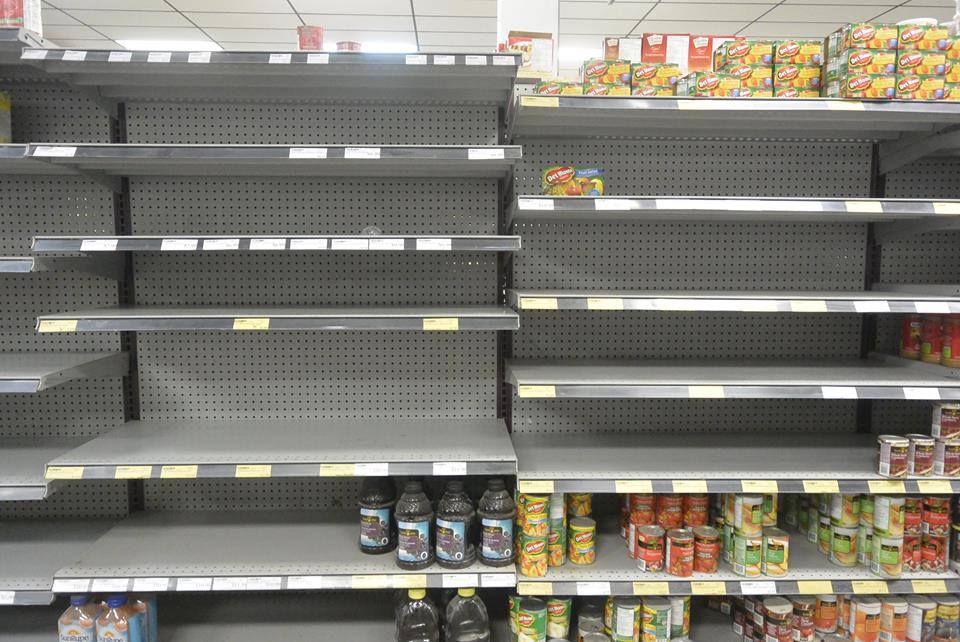Getting food to isolated, sub-Arctic regions of northern Canada is no easy feat.
Since fresh produce largely can’t be grown there due to endless winters, food is shipped long distances overseas by plane or ship. (The same goes for packaged food, most of which is manufactured in southern Canada.) As Modern Farmer has noted, sub-Arctic supply chains are also at the mercy of both natural and human-made disasters, like blizzards, earthquakes, volcanoes, and shipping strikes, which make food delivery even more difficult.
That means even a few grocery bags full of food can cost a fortune.
An advocacy group called Feeding My Family has been documenting northern Canada’s high food prices since 2013. Started by Nunavut resident Leesee Papatsie, the group seeks to raise awareness around food insecurity, and encourage policymakers and retailers to lower food prices in the region.
Take a look below.
Note: We've converted the prices to approximate USD.
The "Feeding My Family" Facebook group hopes to connect sub-Arctic residents who struggle with food insecurity, from Northern Labrador in the east to Northern Alaska in the west.

Many of its roughly 21,000 Facebook members live in Nunavut, where approximately 86% of the population is indigenous.
To reach far North Canada, food suppliers must travel long distances. This jacks up grocery prices.

Food shipments usually only come to Nunavut a few times per year. Summer fog and winter storms thwart deliveries for weeks at a time, leaving some stores devoid of staples like milk and bread.
One grocery store in the region, for example, charges USD $13.59 for ketchup. (The prices shown on the shelves are in Canadian dollars.)
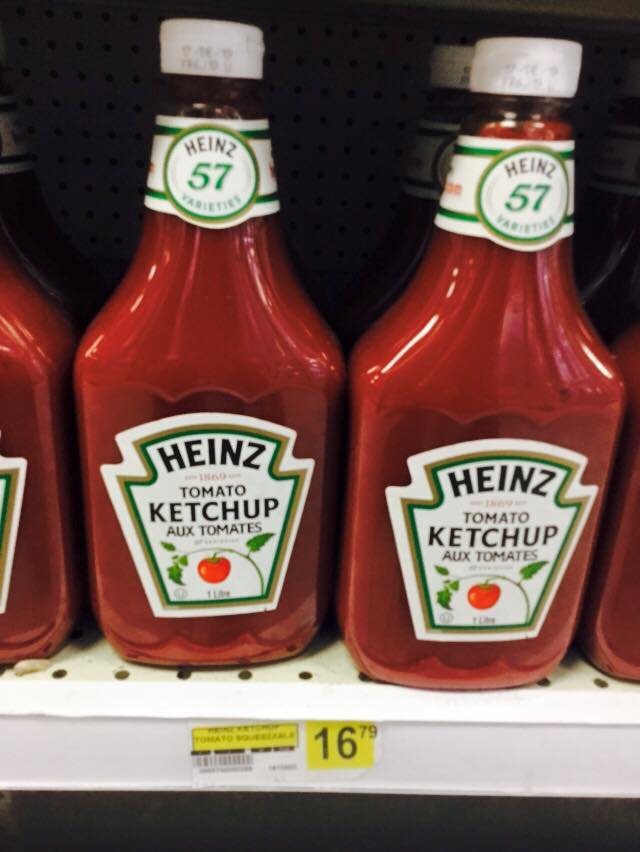
This 2.2-pound bag of grapes costs $22.81.
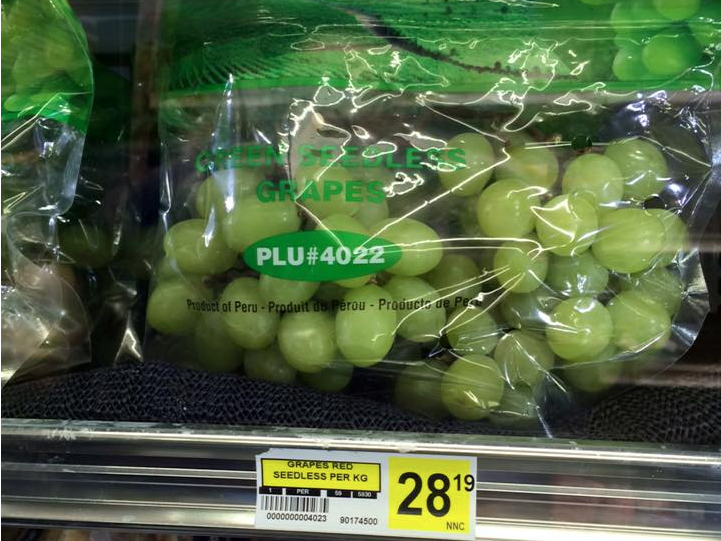
This jug of Sunny D is $28.31.

And this one-pound carton of strawberries costs $11.64.
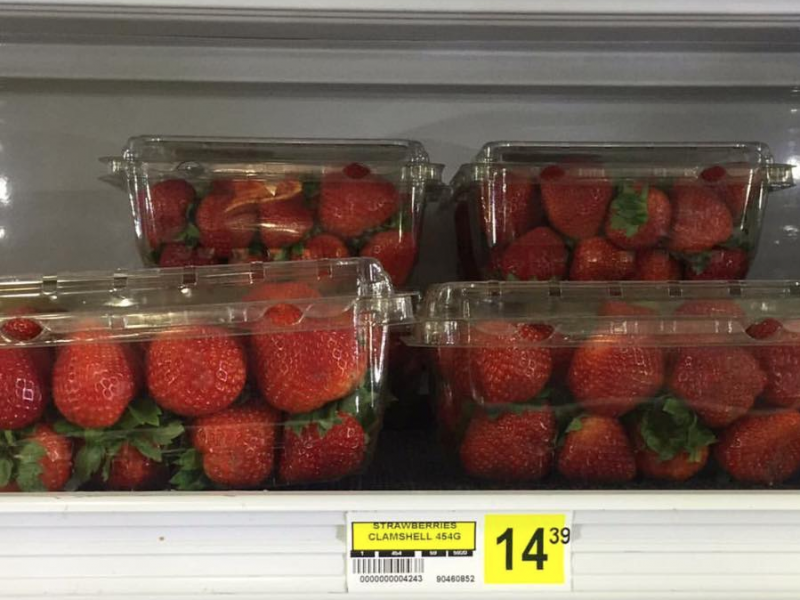
The issue has gotten worse in recent years. According to a recent study by the University of Toronto, food insecurity in North Canada increased by 46.8% from 2005 to 2014.

Source: Vice News
In 2012, the Canadian government instituted Nutrition North, a $63 million subsidy program aimed at reducing food costs for Northerners in remote locations. But a 2017 analysis by the University of Toronto suggests that the program is not meeting its goals.

Source: " Canada's northern food subsidy Nutrition North Canada: a comprehensive program evaluation"
Cost-effective solutions remain elusive. Building greenhouses is one option. But this method can be expensive and require large amounts of energy (especially for hydroponic farms that run on LEDs).
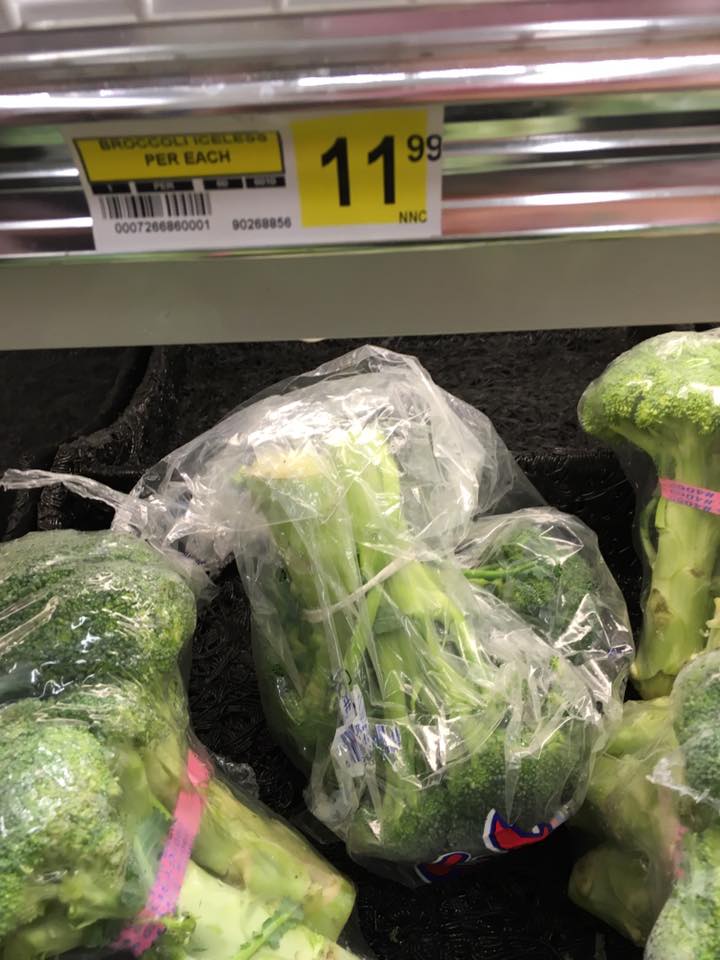
Food shipping costs on Amazon make items even more expensive than they are at the grocery store. As one Inuit resident showed in the screenshot below, a package of diapers and two containers of baby formula totaled nearly $240 on Amazon.

Other US-based wholesalers, like Walmart and Target, do not ship food to Canada.
A new online grocery retailer, called Arctic Fresh, is based in Nunavut and ships to a dozen parts of northern Canada. Its food and household items are slightly cheaper than some local stores.
Two pounds of strawberries on Arctic Fresh, for example, cost $5.28 if you live in Nunavut (compared to around $6 in one brick-and-mortar store). Gain laundry detergent costs $37 for 146 wash loads, while one store is charging $28 for 32 loads. However, customers must order at least $120 worth of items to get free shipping.
Feeding My Family's goal is to work with policymakers, NGOs, food banks, and food retailers to figure out ways to lower grocery prices in sub-Arctic regions of North America.
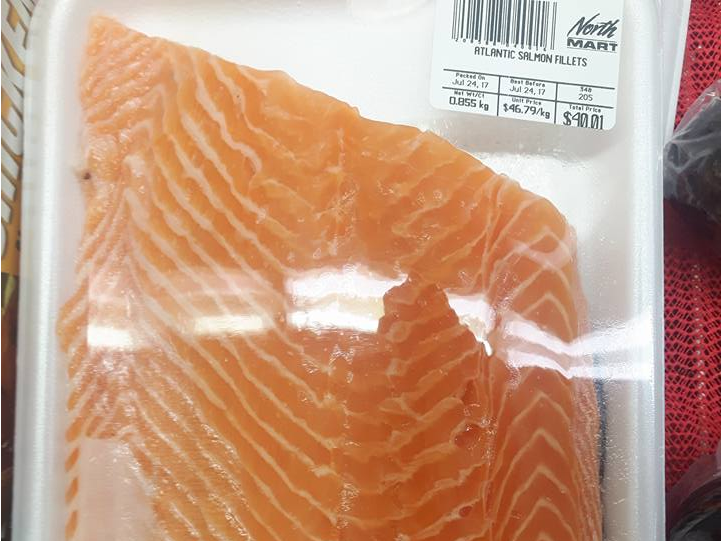
"Together we can find solutions and help to provide food security to the vast majority of people in the North who struggle daily to make ends meet," the group's page says. "We are fighting to be able to provide quality and affordable staples for our children, our future."


